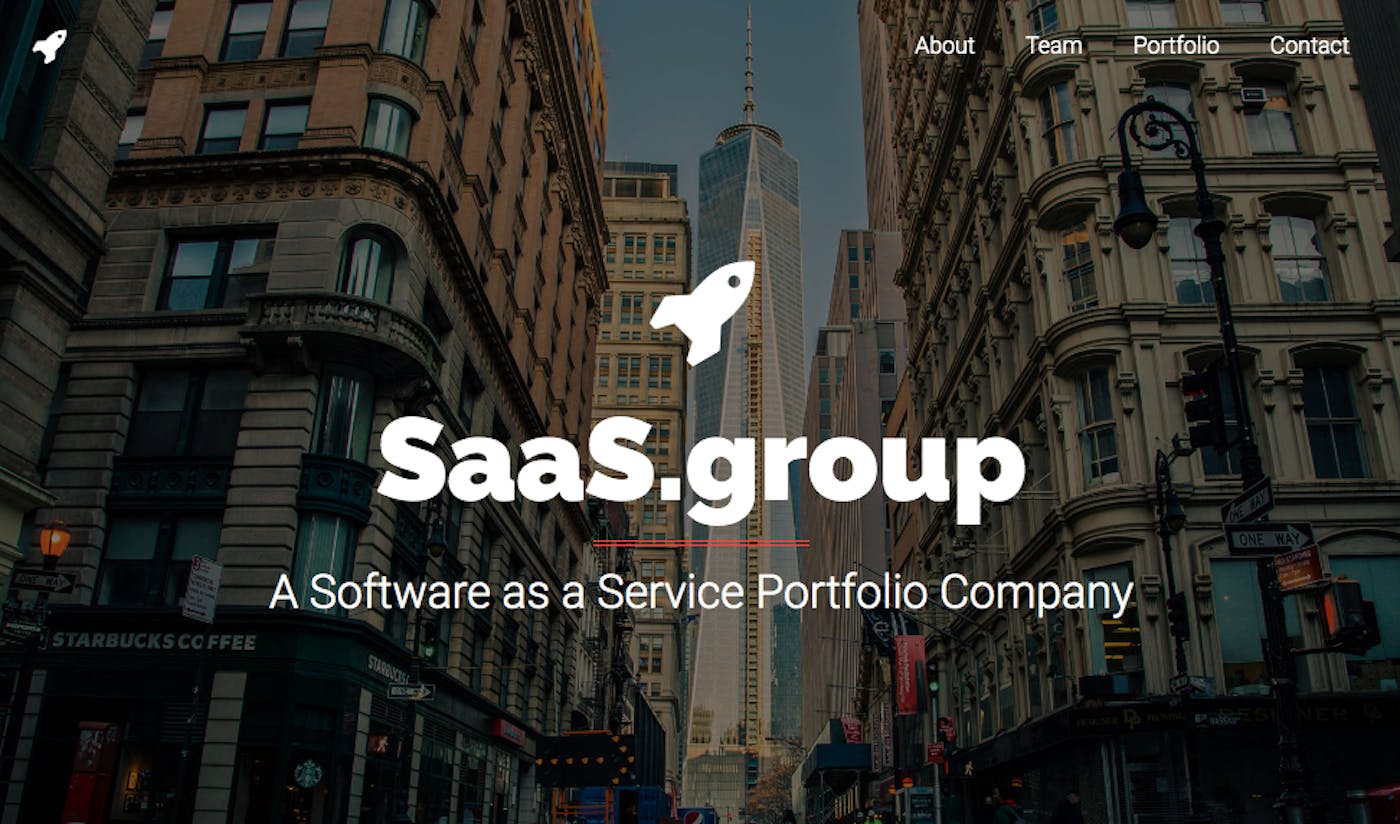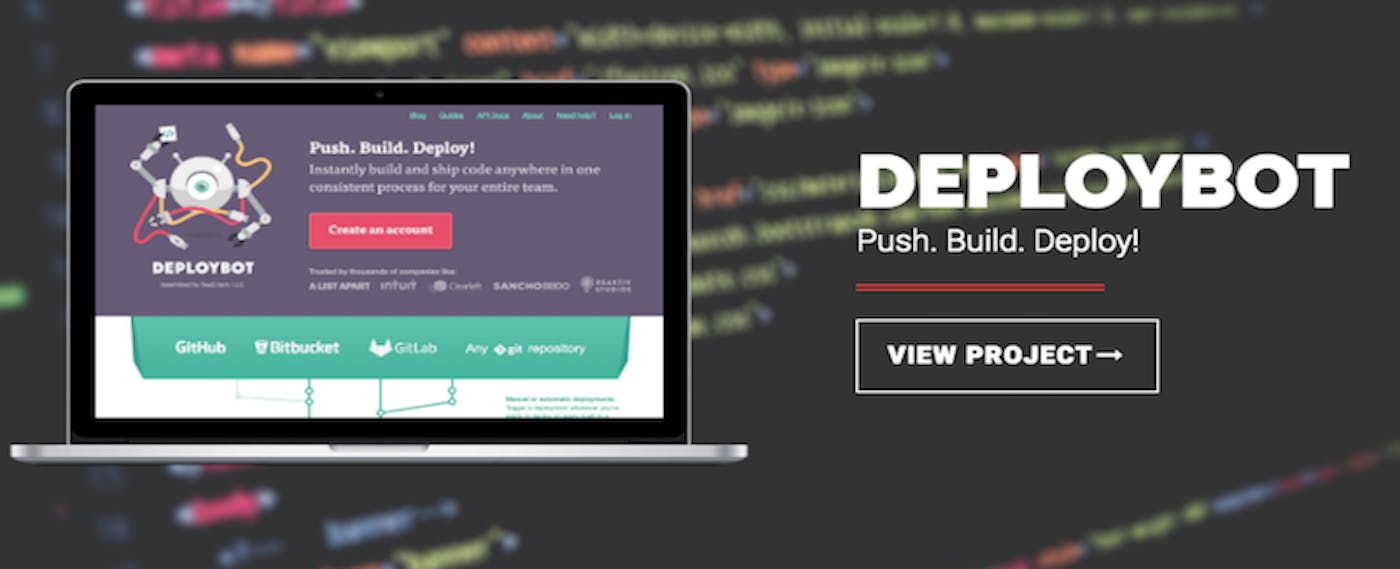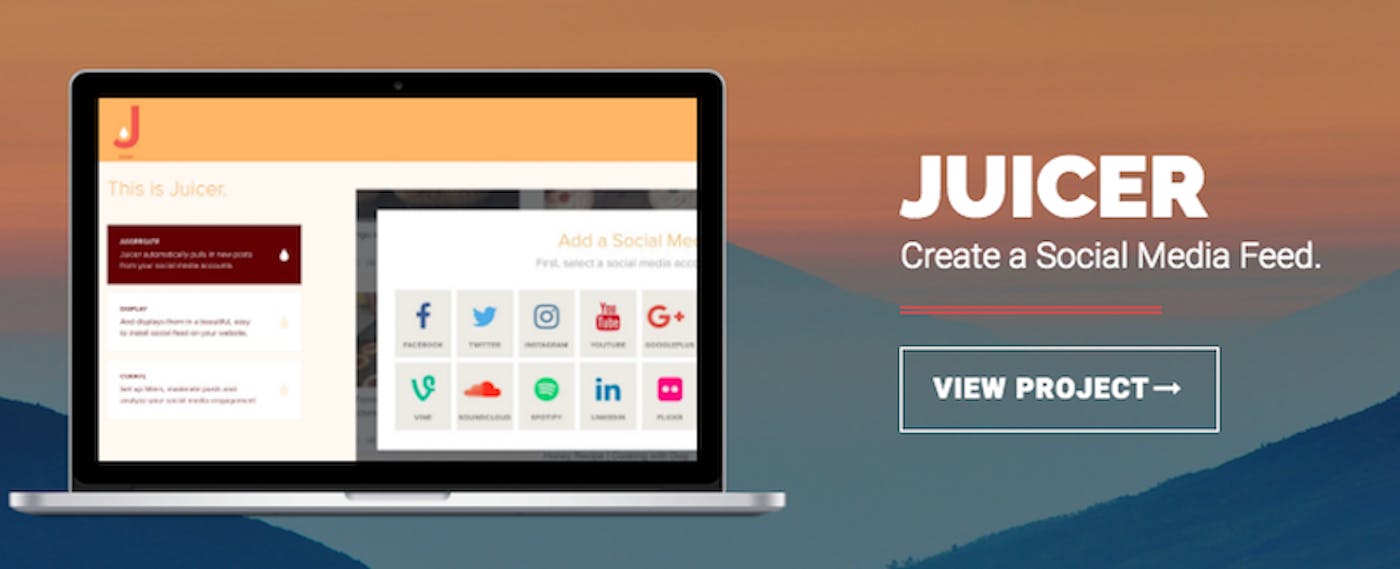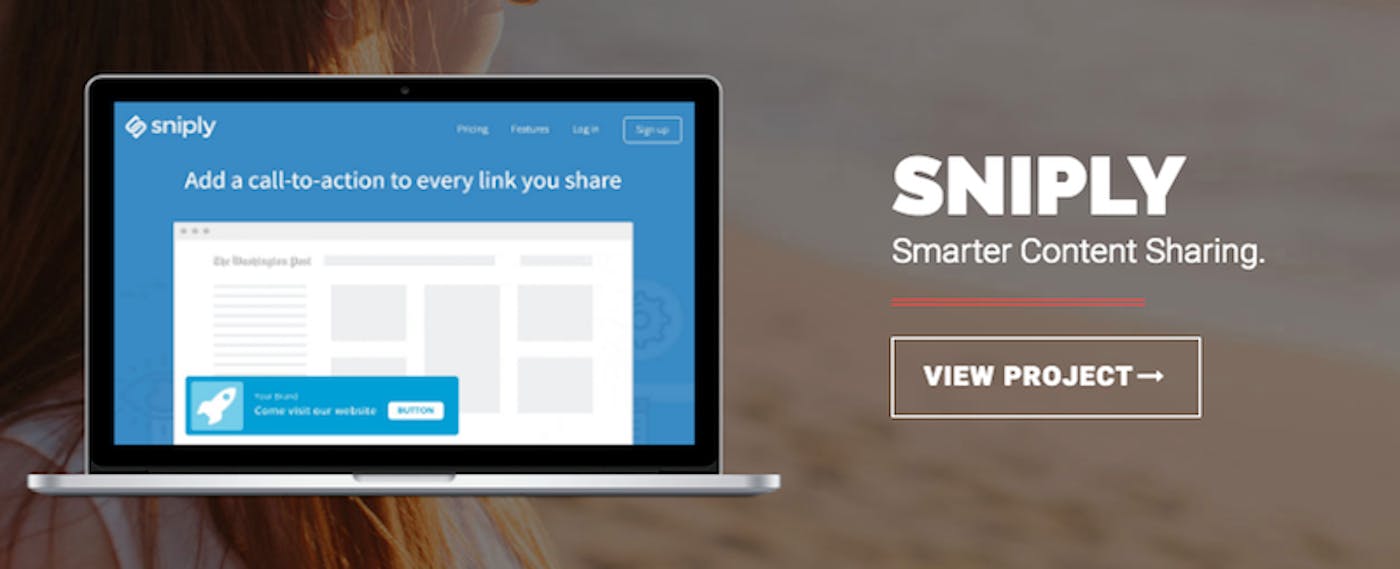How I've Built and Grown a Conglomerate of Indie
Businesses
Hello! What's your background, and what are you working on?
Hey! I'm Tim Schumacher. My background is in internet consumer products, and I've been a developer for a long time.
I began developing as a kid for the first PCs and things, and was always a coder. Then at some point my interest started to shift more into business and economics. When I was 23 and right out of college, I started my first company, Sedo, a domain marketplace. I ran that as the CEO for over ten years, got it up to a size of over over 300 people, and then sold it to a big German internet conglomerate.
For the last eight years, I've been doing a mix of my own projects as well as angel investments, the most notable of which is Eyeo. It's more known by its prime product, Adblock Plus.
For the last two years I've been focusing a lot of my time on SaaS projects and building what we call SaaS.group, which is a portfolio of independent SaaS projects.

How long have you been doing SaaS.group? What made you get started on it? How'd you come up with the idea?
SaaS.group is about two years old now. I came up with the idea because I stumbled upon so many SaaS projects and spoke to a lot of independent SaaS developers, and it seemed like a lot of the market had been focusing only on those big venture-backed SaaS companies. They're the ones who get a lot of press and all the venture money, but then there's a group of really awesome SaaS projects where independent developers have put their life in it for years. And at some point they're like, "Hey, you know, I don't necessarily want to do this all my life and I built something great here, but who is actually gonna take this to the next level and who's gonna buy this from me?"
If you're an independent developer, you need to do everything. You need to answer customer emails, keep the service on, so on and so forth. But not everyone wants to be in that position forever. And we said, "Hey, you know, there should be a market for this!"
I'm better at bringing projects to the next level than I am in coming up with an idea and trying to create product-market fit. So that's how we came up with this idea. I bootstrapped it with money I'd made with my previous projects. And so we started actually acquiring projects.
Can you tell me a little bit more about the product acquisition process?
We have two different ways we go about it. The first is when people come to us. That can be people who've heard about us themselves or, more rarely, brokers. The other method is that we reach out to the owners of projects which we find to be interesting and in our sweet spot.
And then some people say they aren't interested in selling to us. And of course that's perfectly fine. But a lot of people are interested, so then we just start talking, start learning about each other. The first thing people worry about is who we are and why we're interested in their SaaS. And we appreciate when that's what people ask about, because we're not, like, stupid financial buyers who have no clue about the development in the SaaS industry and want to make a quick profit. We appreciate that people want to see that we actually know what they're doing. And on our side, we want to know all the ins and outs of the business.
Ideally at some point we'll agree on a price and on some transition period. We're pretty flexible on accommodating different life situations. We've had situations where people really want to get out quickly for whatever reason — personal or professional. We've had cases where people want to stay on board for a long time but just don't want to do it alone anymore. And we've had cases where people want to stay on for a little bit more, but then eventually train their successors. And all of those choices are legitimate, and our concern is helping the original founders through whatever transition period they need.
Do you use any internal software in your sales cycle?
We don't want to reach out to people just to spam them. So we built a pretty awesome internal database of SaaS products where we classify and rank them and see what's actually in our sweet spot.
This is how we generate deal flow, and what went into developing it is talking to a lot of people.
It's the same as if we built a website or a SaaS product for customers. We talked to a lot of people, validated our idea, reached out to people and saw where there was a fit. And then built some software.
What's the tech stack for this internal database?
We used a database system called Forest, which has been really nice to work with. The rest is pretty standard. Our front end is WordPress and there's not much magic to it.
And then there are the actual projects themselves. We've acquired three projects so far. The first was DeployBot, Juicer was the second, and Snip.ly the third. You'll find them all on my Indie Hackers profile.

For each acquisition, we work with their existing tech stack. For example, our biggest project is Ruby-based, while Snip.ly uses is Python. So the tech stack really depends on the project!
How have you grown SaaS.group?
That's an interesting question, because I think that's where we differ from other projects. We've grown it mostly organically by simply buying additional projects. But then we also try to grow it by growing each individual project.

Any marketing we do is usually content production and SEO. But generally we rely on just improving the product further. Sometimes we find projects which have been kind of neglected. So people put it into maintenance mode and then it's about us trying to reinvigorate those projects.
How would you describe your business model?
Our three businesses are all classic SaaS products with standard SaaS pricing. So we have subscription revenue. The usual packages are anywhere from $20 and up to a few hundred dollars a month for enterprise package. We're always trying to convert free users to pay users, trying to upsell, trying to keep the churn low.
Every business we have is essentially just like any other. Overall, it's just the sum of the parts.
What are some of your goals for the future?
One of the goals is creating a good home for independent developers who either want help to take their project to the next level, or at some point are simply fed up with it.
Part of that is the goal of growing our portfolio of companies to ten companies, then more. The good thing with our model is that all the companies and the projects operate fairly independently. So you don't get bogged down in like big company structures.
I like to think of it like boats! Instead of one big tanker, we've got a lot of small little boats and a few years down the road we want to have a whole fleet, which all do well and thrive.
What are some of the biggest challenges or obstacles that you have faced in getting started?
One of the obstacles we've seen is finding the right people to operate those businesses. The great thing about independent developers is that they're super generalists. I mean, they have to do everything and they have to do everything fairly well. Code a website, do some basic marketing, manage sales, answer customer service emails, then of course code the heavy back-end stuff. And so the hard thing is to find those types of generalists to replace founders who want to sell.
We've found some fantastic people, but it's harder than we thought to actually find the right people who can follow what an entrepreneur has done for many, many years with a lot of passion.
If you had to start over, what would you do differently?
Good question. I would probably have put a little bit more resources into the respective product teams. I think we've been sometimes too cautious — we've put too much caution into not overloading the team. If there's an independent developer and that person transitions out, they wear so many hats that sometimes you need a little bit more resources afterwards.
We should have been less afraid to put in a little more resources into the, into the respective projects faster.
Is there anything that you've found particularly helpful or advantageous?
I read quite a bit, and I'm a big fan of the SaaS Mag, which is a magazine. I like communities like Indie Hackers a lot, especially those that are super specialized on the type of product we look for and the developers doing the work we like. Both of those have been super helpful.

You've sold other businesses previously. Is there anything you learned from those projects and continue to apply?
Totally! One of the main skills I think I learned before is how to scale things. And there are definitely better people than me in figuring out the product-market fit in an early phase.
But one of the skills I learned in my prior companies, because they were definitely a lot bigger, is that at some point you need to put some professional structures behind everything in your project. The independent developer mindset is really strong and it will make sure that you have a really efficient machine, but it will only take you so far. At some point you will need to open up and hire, even if it's only a few employees. If you don't do that then at some point you will hit a ceiling, competitors will come and change your area, and nothing is forever.
Knowing what you're good at and knowing where you need other people to cover your weaknesses is important, too. I think that's one of the core things everybody should kind of reflect on. Find people who cover you on your weaknesses and don't try to do everything on your own.
What is your advice for any indie hackers who are just starting out or who might want to create a business like this?
Be open about your model — talk to people about it, don't keep it a secret. No idea is super special. I think it's typical when you start your project to think you're the only ones doing it. And then the more you dig into an industry then suddenly you find that there are a lot of other people who do the same thing.
An idea alone is really not worth much, but it's worth talking to a lot of people. Validating your idea, listening to feedback, spreading the word and approving your product, that's much more important than keeping it a secret.
So share your idea wildly. Nobody's going to steal your idea.
Where can we go to learn more?
Our website is SaaS.group. More personally, I'm pretty active on Twitter.
If you have any questions or want to know more, please ask me in the comments below!

Great interview and was a pleasure to read from a german entrepreneur with such an amazing story here! Would love to get more of this!
I was actually aware of all of your products......crazy.
Great interview! I especially like the "share the idea part.." thanks!
Congratulations @TimSchu 🎉
Didn't know you had founded Sedo. Today, Sedo is a big brand in the domain name industry.
Thanks for sharing!
Thanks for sharing your experience @TimSchu «So share your idea wildly» - love it
Great insights @TimSchu!! Big fan of what you all are doing 💪
Hi Tim, interesting Interview. Just curious, have you ever been a ScrumMaster before? I think Schumacher can make a good Scrum master 🤔
Nice one, thanks for sharing :)